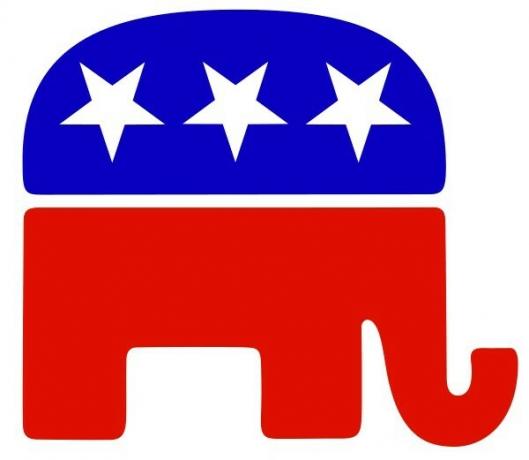Equality has a meaning relative to the same treatment for all members of a certain group of people. Equity, on the other hand, means the promotion of equal opportunities for the members of this group, for this, the differences between people are considered.
Equity aims to promote fairer treatment among people. It is assumed that different people need to be treated differently so that they have the same opportunities.
For example, the suspension of classes due to the Covid-19 pandemic meant that students began to receive classes online.
- Equality - availability of material online for all students.
- Equity - overcoming differences in terms of equipment and internet connection, allowing equal access to content.
In general, equality is based on the idea of non-discrimination between people, while equity is based on both equality and a sense of justice.
What is equality?
Equality is a principle that aims at an undifferentiated treatment of all individuals belonging to a certain group.
Law is based on the idea that everyone is equal before the law. This principle is called isonomy (from the Greek
iso, "equal" and names “norms”, “laws”). Article 5 of the Federal Constitution provides for equality when it states:Everyone is equal before the law, without distinction of any kind, guaranteeing Brazilians and foreigners residing in the country the inviolability of the right to life, liberty, equality, security and property…
According to the principle of equality, everyone has the same duties and rights. To guarantee these rights, governments often opt for unequal measures to compensate for social differences.
What is equity?
Equity is a term used to promote justice and equal opportunities based on different treatment between people.
Equity is not opposed to equality, on the contrary, it seeks to reinforce equality through “affirmative action”. These actions fulfill the role of preventing the social exclusion of vulnerable people and minority groups.
Examples of actions aimed at equity
- Bolsa Família (income distribution to reduce poverty)
- Quota policies (democratization of access to higher education and jobs)
- Incentives for female political participation (improvement in the ratio of men to women in political office)
These policies are understood as positive discrimination. This term is used in law to define actions that aim to promote equity and social justice by favoring relatively minority groups.
See also the difference between:
- Natural law and positive law
- Prejudice, racism and discrimination
- types of violence
- types of bullying


